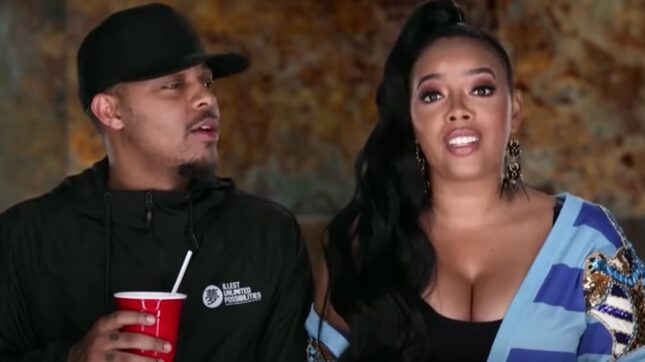

Recently, I became obsessed with the WE tv franchise Growing Up Hip-Hop, the cast of which is comprised of former child-star rappers like Bow Wow and also the children of rappers who were famous in a distant past. What initially drew me to the show were the names: Lil Wayne, T.I., Pepa, Treach, and my former high school crush Ja Rule, to name a few. But this show is not at all about them. It’s a platform for their children, a generation of silver spoon hip-hop kids who are now in their twenties and thirties, free to live their own lives and appear on reality TV.
It’s rare to see this on television: young, black heirs who get to essentially coast by virtue of money and the safety net provided by hip-hop success. The closest approximation to Growing Up Hip-Hop that I can think of is Baldwin Hills, a reality show that aired on BET from 2007 to 2009 and followed the lives of well-off twentysomethings living in a predominantly black upper-middle-class area of Los Angeles. It was billed as the “black Laguna Beach” set in “the black Beverly Hills.” The elevator pitch for Growing Up Hip-Hop is similar but centered around the mess that envelops the glamorous, uneasy life of a hip-hop descendant trying to, in some way, live up to the greatness of their parents who were born with much less. As the title suggests, these are young people who “grew up” in and around and with hip-hop, and are well-off enough to not have 9-to-5 jobs.
-

-

-

-

-

-

-

-

-

-

-

-

-

-

-

-

-

-

-

-

-

-

-

-

-

-

-

-

-

-

-

-

-

-

-

-

-

-

-

-








































